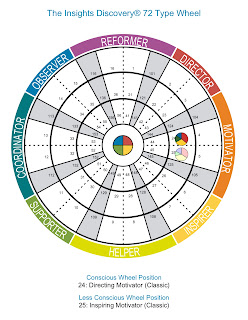Social revolutions: Egypt clamp-down
I've just been reading Evgeny Morozov's "The Net Delusion" where he argues that Western media wrongly concluded that Twitter and other social networking tools were helping to foment revolution in Iran in 2009.
Iran is not the only example cited: there have been several others since, including claims about Tunisia and now Egypt. In the last hour there have been reports that Facebook access is being blocked inside Egypt, along with Twitter and other sites.
Iran is not the only example cited: there have been several others since, including claims about Tunisia and now Egypt. In the last hour there have been reports that Facebook access is being blocked inside Egypt, along with Twitter and other sites.
None of the reports contains statistics or evidence of the effect the sites have in coordinating opposition; like the original 2009 Iranian stories they make assertions based on conjecture. Compared with Tunisia, Egypt has lower literacy rates (source: UNICEF) and lower Internet penetration (source: OpenNet Initiative), implying that electronic media will have less effect in Egypt.
However, the reality is likely to be that the statistics mislead: Internet penetration and literacy levels are higher in the cities where protests take place than for the country as a whole where rural and regional variations lower the overall percentage rates.
And, anecdotally, the electronic media sites do allow rapid communication and some degree of coordination of efforts by protesters.
But then, and this is a major thrust of Morozov's argument, the very same tools also empower government surveillance. In Egypt, for example, there have been cases of hacking of Facebook pages and stealing of passwords, attributed to attempts by the Egyptian government forces to monitor the activities of dissidents.
So, it's too early and complex to make firm, fixed conclusions. But expect the cat-and-mouse game to continue to evolve rapidly in unexpected directions as technology empowers both those seeking free speech and those monitoring in an attempt to close it down. The trouble is, in this game the stakes are very high for individuals who get caught and subject to abuse.



Comments